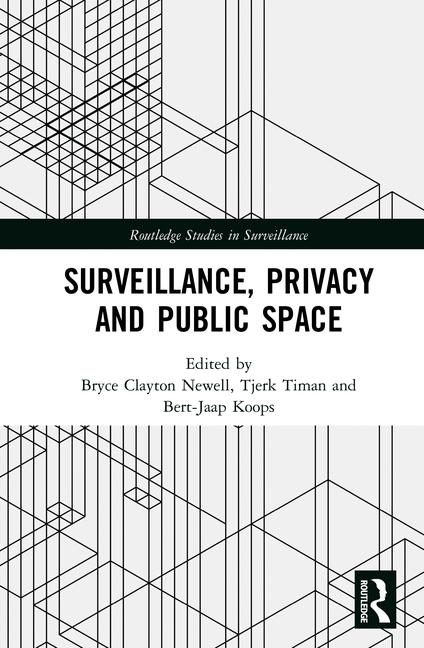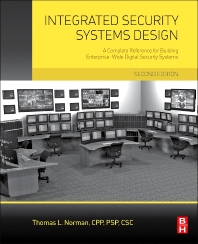The Electronic Security Association (ESA) issued an alert the industry to potential negative issues that may result from a change of NFPA 730 from a guideline for Premises Security to a code. The association asked members and non-members alike to provide input during the public comment period, which ends Friday, Nov. 16. “Please speak out against this change before it becomes permanent!” ESA warned.
The change of "NFPA 730: Guide for Premises Security” to "NFPA 730: Premises Security Code” presents major concerns in a number of areas, including administration, economic impact, system design criteria and development of training programs for Security Vulnerability Assessment (SVA) procedures. The new proposed code wording replaces the word "should" with "shall," effectively transforming the guideline into a requirement.
In ESA’s opinion (along with a number of other groups such as CSAA and SIA), the change in status from a guideline to a code would create a mandate that would trigger unreasonable cost increases in installations. For example, the SVA would introduce a significant upfront cost as well as recurring expenses to building owners and tenants in order to maintain code requirements. This additional burden would have an undesirable impact on business owners, who could choose not to purchase a security solution for the premises, ESA stated.
ESA believes that decisions regarding designs and solutions should not be determined by government mandate, but rather by property owners and solution providers. Rather than becoming a code, ESA strongly recommended that this document remain as a guideline in which NFPA allows the business owner to make an informed decision regarding the best overall security solution, inclusive of property and people.
To submit comments, log on to the NFPA website. Or print, fill and fax the forms available here. You do not need to be a member of the NFPA to file a comment online. You are also permitted to log on as a guest.
More information about NFPA 730 is available at http://www.nfpa.org/AboutTheCodes/AboutTheCodes.asp?DocNum=730.



